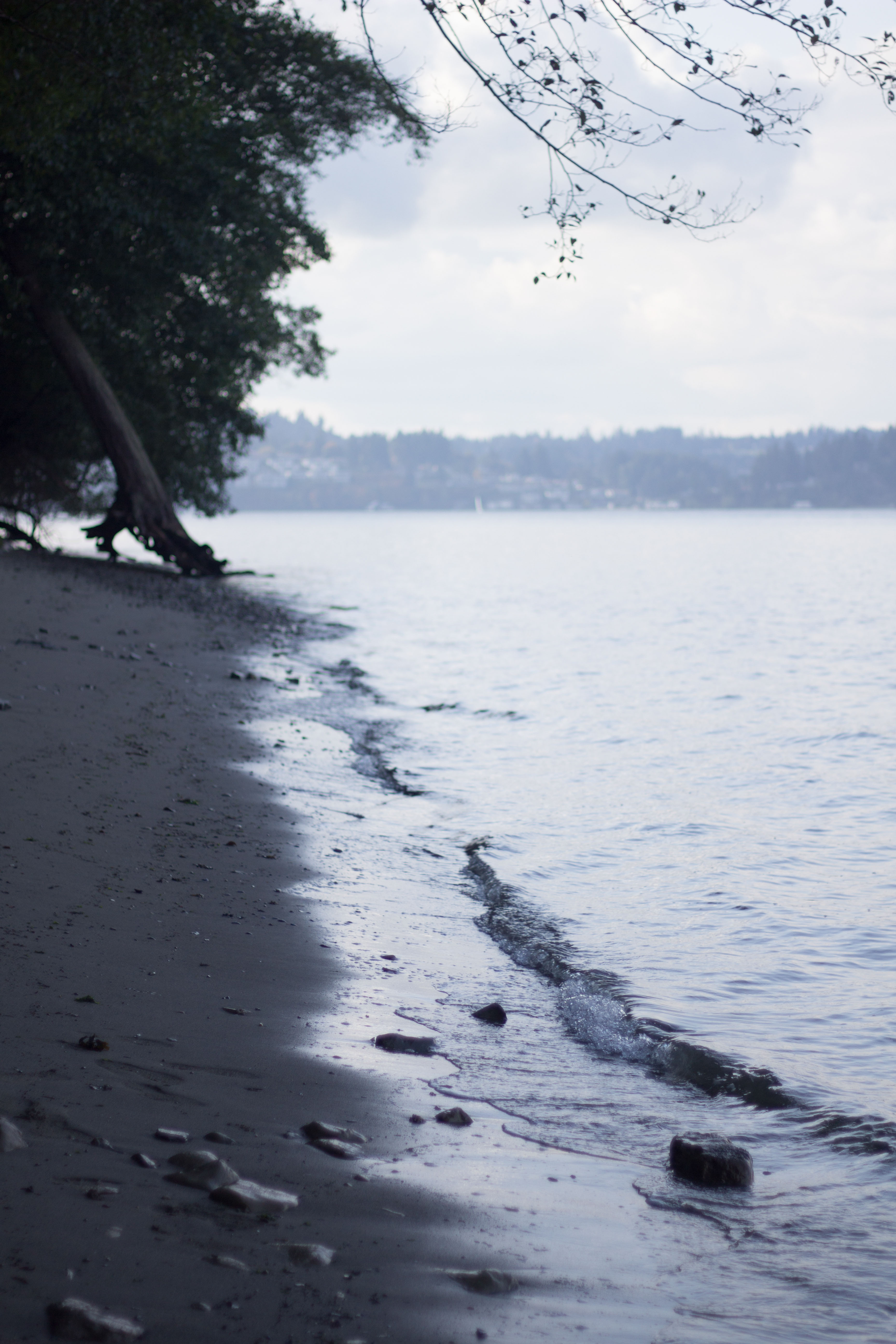April 1 marked the end of an era on McNeil Island, when it closed the doors for good to the prison that operated there for over 130 years.
Located on the South Puget Sound West of Steilacoom, the McNeil Island Corrections Center was known historically as the “prison without walls”—with miles of frigid water preventing inmates from escaping the island.
When the facility opened in 1875, it was the first federal prison in the territory that would become Washington state.
According to www.doc.wa.gov, McNeil was the last island prison left in the United States, and the oldest detention facility in the Northwest. McNeil Island was owned federally until the the early 1980s, when the Federal Bureau of Prisons deemed it too expensive to maintain. The island was then deeded to Washington state, and has operated under state government since.
The Washington Department of Corrections announced its decision to close the McNeil Island Corrections Center last November, in response to a $4 billion state budget cut.
Operating a prison on a remote island requires substantial extra expenses, including running electricity from the mainland and running ferries to and from the island for employee commute and transporting resources. Closing the McNeil Island facility will save taxpayers $8 million per year, according to cnn.com.
At its maximum capacity, the prison had around 1,200 inmates. Before it closed last week, the remaining inmates were transferred to other facilities around the state. A separate center for civilly-committed sex offenders remains on the island, but it is yet to be determined whether it will be able to continue operating without the support of the prison’s facilities.
For employees and their families, who made their homes on McNeil Island, the closure of the prison will also be the end of the distinct community they had come to know there.
“It was an amazing place to grow up,” Marta Palmquist-Cady, who spent the early years of her childhood living on McNeil, said. Palmquist-Cady’s father was the supervisor of education for the federal bureau, employed at the McNeil Island Corrections Center until it became a state prison in 1981.
She described a small-town feel among the island’s 50 or so households, all of which belonged to employees of the prison and their families, and the sense of community. Also part of that community, she said, were the inmates who worked outside of the prison, driving buses, rigging boats and working on the farms. She also remembers the natural beauty of the island, where the Department of Fish and Wildlife has been doing work for many years. Much of the island’s seven square miles is currently home to a wildlife reserve.
“I’m sad that it’s closing, of course,” Palmquist-Cady said. “It was really a wonderful place to live.”
McNeil Island hosted a reunion last month for those who had lived and worked there in the past. Now that the island is no longer in use by the Department of Corrections, former residents wonder what the future will have in store for McNeil.
While there have been discussions of opening a historical museum or designating the land to wildlife reserves, for the time being McNeil Island will most likely remain inaccessible for public use.



